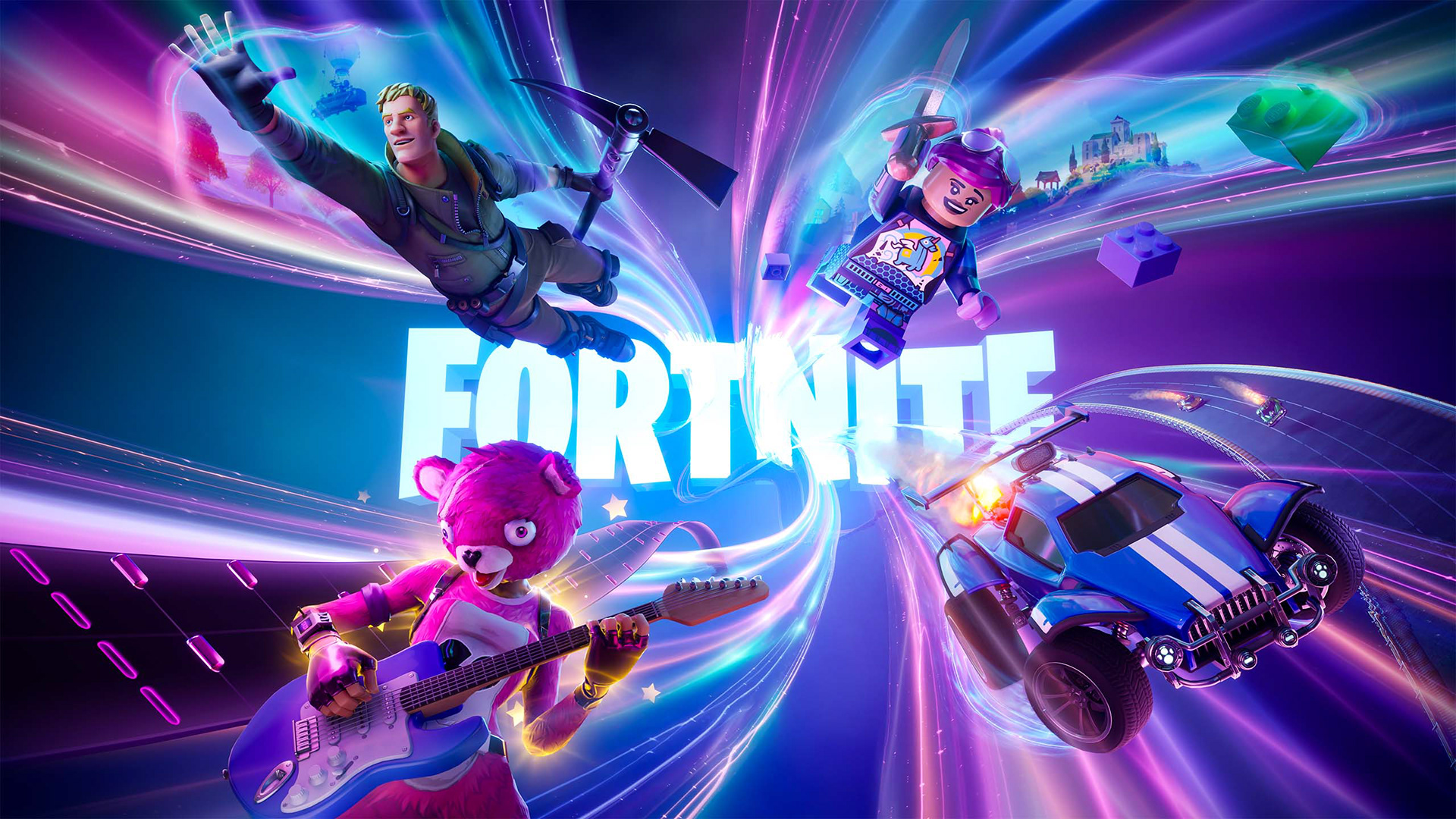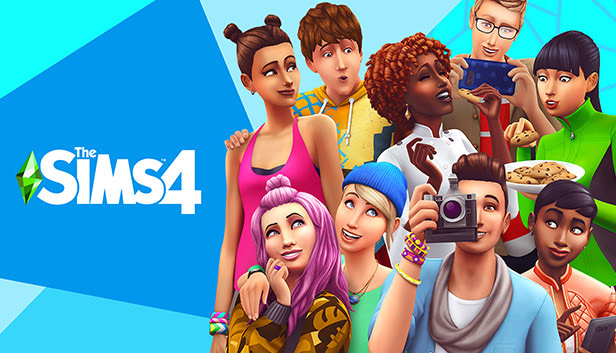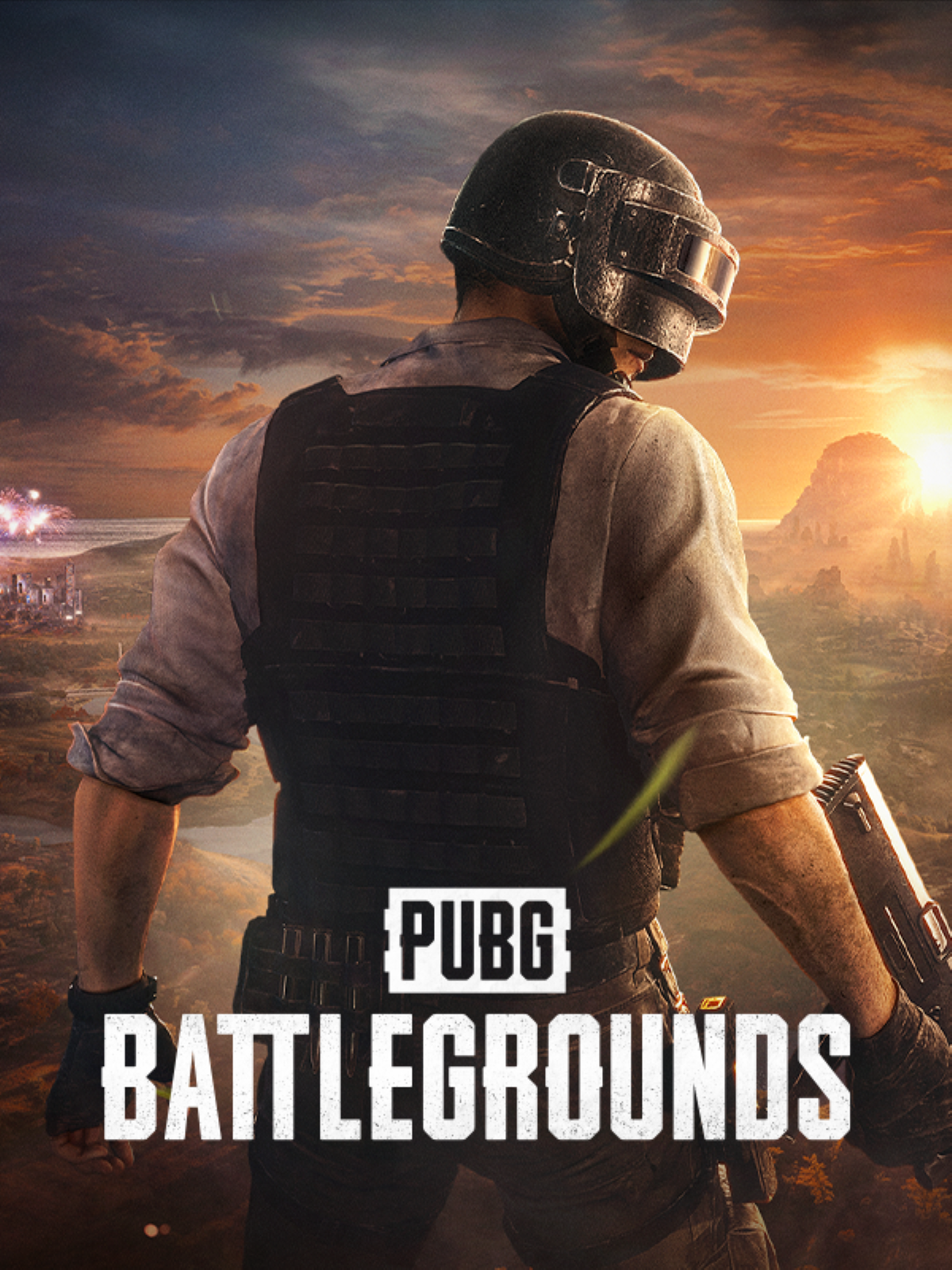IN SUMMARY
Gaming stats datasets can be used to study player strategy and how it determines performance within a match. Player strategies are influenced by game preferences & accessibility, interpersonal relationships with teammates and opponents, and their ability to apply knowledge to their game strategy. During the interviews, it was revealed there is possible age, gender, and racial discrimination occurring within online gaming communities. It must be determined if discrimination and bullying significantly influence a player’s experience, gaming strategy, and decisions. Analyzing data on player reports of inappropriate conduct would help supplement current findings.



Introduction
Video games are a gold mine of data waiting to be studied by scientists. The data from games like PlayerUnknown’s Battleground (PUBG) or Fortnite, online multiplayer battle royale video games, can help scientists understand human logic and decision-making when players are put in hypothetical situations.
The standard format of a battle royale video game contains up to 100 players placed on a large island where teams and individuals fight to the death until the last team/man is standing. Datasets from PUBG are perfect candidates for analyzing the player’s strategy. The PUBG Match Deaths and Statistics data set contains two data tables: Deaths and Aggregates. The “Deaths” data tables contain information about each death that occurs within a match: The time of the victim’s death, the location of the victim’s death, the location of the killer, the name of the killer’s weapon, the name of the map, as well as the killer and victim names. The “Aggregates” data tables contain basic statistics of each player in the match, such as distance traveled, damage, player kills, the date of the match, queue size, and which camera was used for the match (first-person view or third-person view). The data set also includes picture files of two different game maps (Erangel and Miramar).
The Broad Question
What correlations, if any, are there between a player’s preferred strategy of gameplay and their performance in a match?
It is suspected that there is a correlation between a player’s strategy/decisions and their performance in a match. Interviews with three stakeholders – a strategic PUBG player, a fantasy online gamer, and a casual online gamer – suggest that their decision-making is influenced by game preferences & accessibility, interpersonal relationships with teammates and opponents, and their ability to apply knowledge to their game strategy. All three stakeholders play battle royale games, and their experiences with battle royale games were a primary focus during the interviews.
Gamer Style: Strategic, Fantasy or Casual?
Ease of access and finding a game that matches one’s preference makes online gaming more convenient and desirable. P01 is considered a strategic gamer, meaning the games they play are more than a way to kill boredom; they are more competitive and dedicate time to develop their skills in a game like PUBG to make their player profile look superior to others. P01 stated they spent most of their time during the 2020 pandemic lockdowns to achieve ACE status, the 2nd highest ranking a player can achieve in PUBG. P01 mentioned how difficult it was to maintain their Ace ranking, and they could only keep it for a few days. P01 mentioned that the time spent to achieve the Ace ranking was excessive, and doesn’t see themselves achieving that ranking again as they no longer have as much free time as they did during the lockdowns. P01 claims that players that reach the highest ranking, Conqueror, would have to spend at least 20 hours a day playing matches.
P02 is a fantasy gamer, meaning they prefer to use games as an escape and typically prefer games like Sims, a life/social simulation game. P02 typically prefers playing on a PC for a more immersive experience. Despite preferring simulation games, P02 frequently plays Fortnite, a battle royale game. Their preference for fantasy games appears in their strategy when playing Fortnite. P02 stated they prefer to complete milestone challenges and tasks within a game match rather than engage in weapon combat with opponents. When P02 achieves a milestone, they receive in-game points that can be used to purchase accessories to customize their character with outfits, backpack designs, emotes, dances, umbrella designs, etc. P02 enjoys being able to customize their character and states that their proudest achievement in the game is their umbrella design collection.
P03 is a casual gamer, meaning they use games to kill time and to avoid boredom, where the gameplay style doesn’t matter too much to be fun. Casual gamers also prefer playing games on a mobile phone as it doesn’t require much time or financial investment. “I have aged out of buying the newest console,” said P03 when speaking on how accessible games have become since his introduction to video games in the mid-late 1980s. P03 states how they now have a wider variety of hobbies they like to do in addition to gaming. They focus more on other hobbies and don’t dedicate as much time to gaming. They like how easy and fast it is to download and try new online games without too much financial investment. Due to P03’s attitude towards gaming in general, his preferences do not impact their game strategy much compared to strategic or fantasy gamers.
Interpersonal Relationships: Teamwork makes the dream work
Another factor in gamer strategy decisions is interpersonal relationships with teammates and opponents. P01 prefers to play with friends, while P02 and P03 prefer to play alone. "I like winning the game for the team 'cause I'm the best," said P01. Playing with friends is a source of self-confidence as they often achieve the MVP award when playing on a team. MVP, or most valuable player, is awarded to one player on a team after every match. MVP status is determined by how well the player played compared to their teammates. The MVP award is significant to P01 and is most likely a factor in how they perceive their skills in the game compared to their teammates. It also affects how aggressively they play within a match. "I roar like a lion when I win when I'm in clutch and [charge opponents head on]. Most of the time, I die doing this, but sometimes I win.", said P01 when discussing their experience in a match when they are the last team member alive in a game. P01 is more willing to play haphazardly since they know they have at least performed better than their teammates.”
For P02, one of the reasons they prefer to play alone is that they notice they play worse when playing with friends. P02 noted that their friends are more competitive and highly skilled players as they spend more time playing battle royale-type games. Due to P02’s teammates' higher ranking, the opponents matched to play within a match are likely of higher rank. This makes it more likely that P02 will not be as successful in surviving the entire match when playing with friends. P02 mentions how matches are easier when playing with strangers of similar rank or lower. "I generally don't like playing with try-hards," said P02 when describing their experience playing on a team with strangers. P02 mentioned how they feel “negative pressure” when their teammates are more competitive and desperately want to win. They have noticed their preference for avoiding weapon combat until the end of the match is a source of conflict between them and their teammates. At times, their teammates may participate in derogatory speech towards them when they realize P02 is more of a casual player. P02 stated that they don’t like teammates who communicate aggressively or talk to them as if they are dumb. P02 prefers supportive teammates who give helpful tips and have a coaching tone to their voice. P03 shares similar sentiments when engaging in communication with teammates who are strangers. P03 says that teammates they are typically matched with are significantly younger and immature and frequently call them racial slurs without provocation. The verbal abuse was to the point that P03 avoided online games that supported voice chat.
Knowledge & Skill Building
The final factor that affects individual game strategy mentioned by the stakeholders is being self-aware of the tools and in-game features and applying their knowledge to the game. All stakeholders stated how strategy is developed and honed over time after repeated gameplay, and their strategy may change based on game characteristics and game difficulty level. With each stakeholder, they described in detail the weapons rankings within their preferred battle royale game. They all mentioned they preferred using the most powerful weapon, typically an AR or shotgun model. P03 said their training in the U.S. Army helped them be more knowledgeable about the weapons within the game and claimed that it has helped them choose a weapon based on the game match.
When stakeholders were asked how they approach building their skills, the responses were varied. It was apparent that their response was correlated to the perceived difficulty level of the game and their motivation to play the game. P01 is highly motivated to improve their skills because they have a naturally competitive spirit and enjoy winning. P01 states they like to watch YouTube videos of PUBG gameplays to learn new techniques and skills to apply to the game. P01 is aware that PUBG collects statistics on their gameplay but has never felt inclined to do an analysis on them. They prefer to self-reflect on a match by recalling mistakes in past games and thinking of things they could have done differently. P01 mentions how the size of the map will change their strategy. For larger maps, they tend to take things slow and avoid combat until closer to the end of the match. For smaller maps, their strategy is to rely on the in-game map to keep track of enemy locations and launch a sneak attack.
P02 recognizes the need to practice with a wide variety of guns to improve skill and to be more successful in winning a match but stated they didn’t care to improve their skills in battle royale games. P02 states that they don’t need a game plan or strategy to win a match in Fortnite. Since P02 mostly focuses on completing non-combat milestone challenges within a match, they are less likely to be killed by an opponent. Their strategy is to avoid combat hotspots until only a few players are left. P02 stated how they have won many matches without fighting opponents at all. P02 is more motivated to improve skill in other games, particularly the online version of Clue, a mystery game. P02 noticed they lost more often in the online version of the game compared to when they played the traditional board game version. Losing was P02’s motivator to improve their skill at the game by learning to take effective notes during a Clue game.
P03’s motivation to build skills is achievement-based. The online multiplayer games P03 plays typically award the winner with points, and as they move up the ranks, new game levels and challenges are unlocked for play. Winning motivates them to improve at a game, especially when they win against a higher-ranked player. P03 mentioned how they occasionally watch YouTube videos for helpful tips when playing shooter/marksmanship online games. P03’s strategy to win includes taking their time to aim to shoot targets accurately.
Closing Remarks
PUBG datasets can be used to study player strategy and how it determines performance within a match. Understanding the different types of gamers (strategic, casual, fantasy) helps provide insight into a player’s motivations and strategy. For quantitative studies, focusing on player/team movement on the map and weapons/tools used during the match may be of primary focus. Based on some of the stakeholder’s responses, there is evidence to indicate there is age, gender, and racial discrimination occurring within online gaming communities. It must be determined if discrimination significantly influences a player’s experience, gaming strategy, and decisions. Obtaining data on player reports of inappropriate conduct may be an excellent supplement to the study.